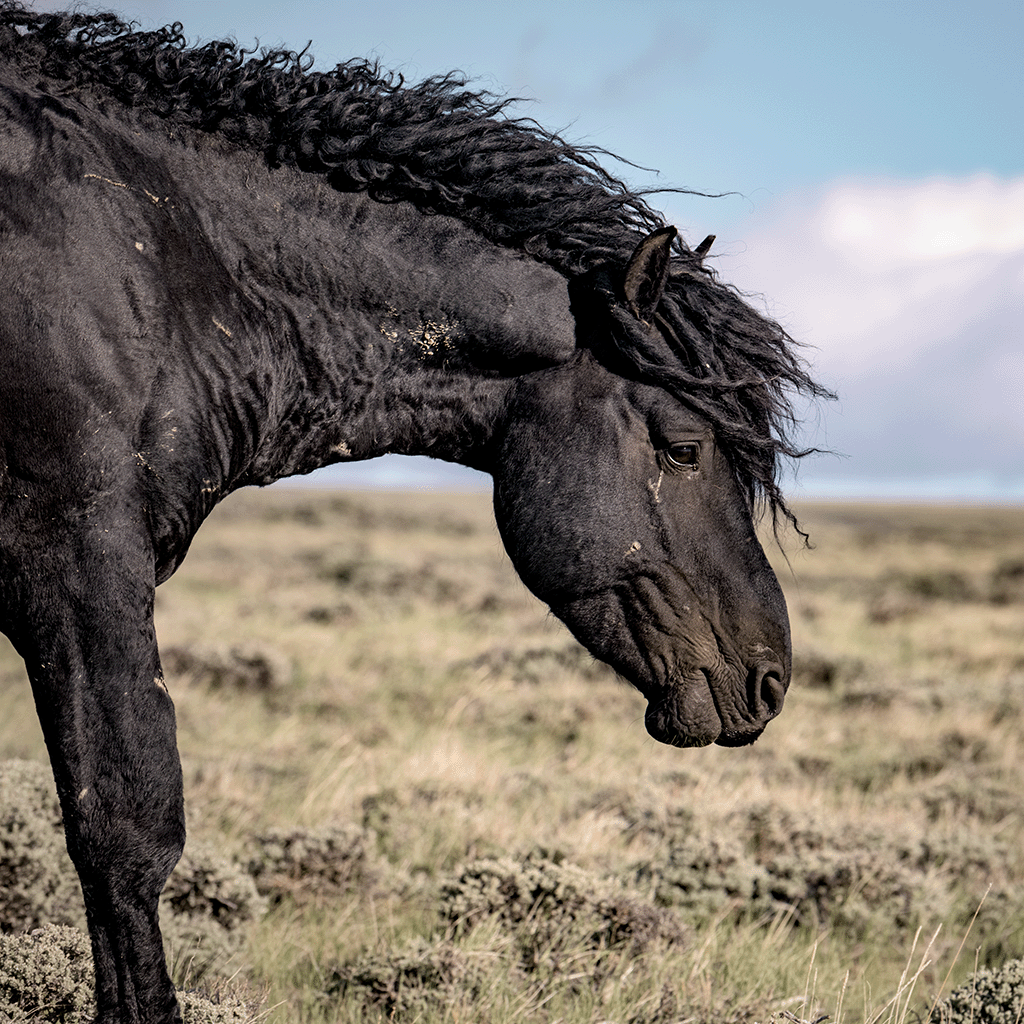Wild Horse Roundups and Removals
Affect, Gender, Interspecies Politics
DOI:
https://doi.org/10.52537/humanimalia.14311Keywords:
Wild horses, interspecies politics, politics of emotion, affect, witnessing, entangled empathy, compassionate conservation, Bureau of Land Management, wild horse advocacyAbstract
Epistemological contestation about what – and whose – knowledge counts is central to the struggle about the future of wild horses on US public lands. In the politics of wild horse management, the construction of knowledge claims about wild horses as well as the formation of beliefs about their credibility is shaped by interspecies affective relations; relations that, we contend, are strikingly gendered. We seek to understand how these affective relations – the intermingling of facts and values – shape knowledge claims concerning wild horse roundups and removals carried out on federal lands managed by the Bureau of Land Management (BLM). Using data collected from 28 roundups and removals conducted between 2020 and 2022, in 7 states, we show that BLM’s disavowal of emotion in wild horse management places both wild horses and wild horse advocates in the same subaltern category of being destructive, disruptive, and out of place – in short, “feral.” The wild horse advocacy practices of witnessing roundups and removals of free-roaming horses from a position of “entangled empathy” discussed in this article reject this double-feralization of wild horses and the humans who care for them by establishing that wild horses are grievable, have ecological value, and are capable of participating in relations of interspecies kinship. We elaborate on these claims in terms of four major themes found in our data: protecting ecological integrity, regulating horses’ numbers, listening to nonhuman others, and debating advocacy strategies. Improved understanding of the political function of emotion helps identify a path toward managing wild horses more compassionately.
Downloads

Published
Issue
Section
License
Copyright (c) 2023 Jennifer L Britton, Abigail Del Grosso, Cassidy Ellis, Christian Hunold (Author)

This work is licensed under a Creative Commons Attribution-NonCommercial 4.0 International License.









